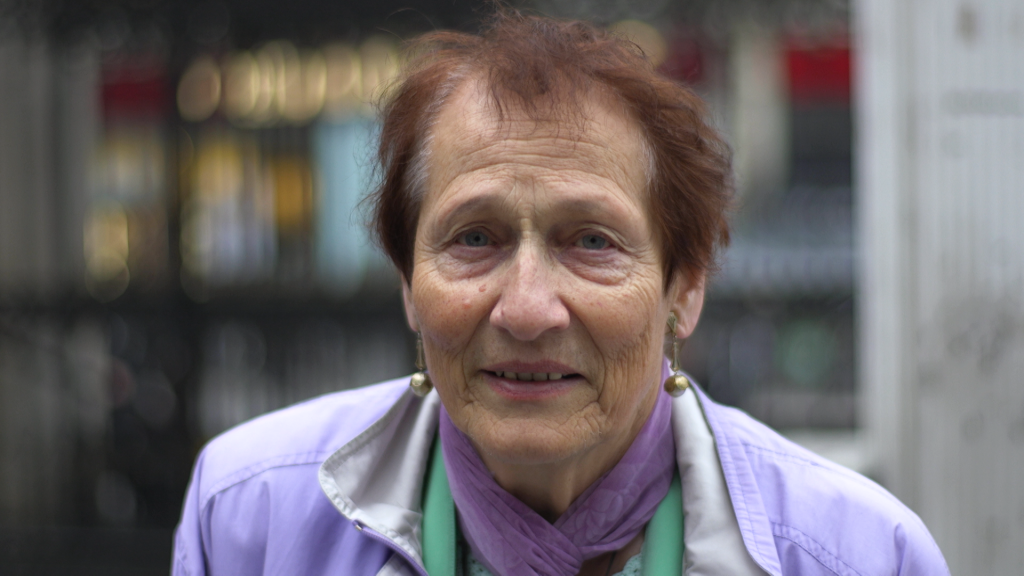World Book Day, held every year in March, is a celebration of authors, illustrators, books and reading.
Also, it’s pretty snowy outside, so the perfect excuse to snuggle up with a good read. Plus, if you can’t face a trudge to the library, there’s always a good old e-book to go with your hot chocolate.
Here are just a couple of suggestions for books with themes covering our favourite topic – human rights.
For Younger Readers…
 Image Credit: Pexels
Image Credit: Pexels
Dressing up aside, World Book Day is an excellent introduction to introduce some new human rights reads to the bookshelf. Amnesty International have launched an illustrated children’s book which fits the bill perfectly: My Little Book of BIG Freedoms: the Human Rights Act in pictures.
The brightly-coloured book covers important themes such as life, protection, freedom, fairness love and knowledge and explains how they relate to human rights.
Taking inspiration from @rebelgirlsbook and @QuartoKids, our 4-year old wanted to dress as Emmeline Pankhurst for #WorldBookDay ❤️ pic.twitter.com/0jIB0pyWIW
— Sophie (@sophiebrinkles) March 1, 2018
If you’re looking for something a little bit snowy to suit the weather, then why not try the heart-warming story of And Tango Makes Three? Telling the story of two male penguins who raise a child together, it touches on the universal themes of marriage, love, and the right to a family life. Also, penguins.
Fiction For Older Readers…
You know those books you always mean to start reading because they’re classics? Well, it’s actually snowing outside right now, so now is your chance. (Dressing up is optional)
The Day the Crayons Quit @KBuccleuchA 🖍 #WorldBookDay2018 #WorldBookDay #worldbookweek @OliverJeffers @MrsONeillKBA @DinoDiSalvo @MissLoasbyKBA @MrsEmilyAllsopp @janeconsidine pic.twitter.com/kaNP8P8ytG
— Mrs Underwood (@MrsUnderwoodKBA) March 1, 2018
Harper Lee’s To Kill a Mockingbird is a Pulitzer Prize-winning novel which covers themes such as race discrimination and the importance of standing up for fairness and justice. The author has since passed away but, with this novel, she leaves an important legacy. You can read more about the plot and themes of the novel in our previous post here.
Similarly, if you’ve ever watched Big Brother or Room 101 you’ve got a lot to thank George Orwell for. Nineteen Eighty-Four describes a terrifying world subject to mass government surveillance. Citizens are constantly warned that “Big Brother Is Watching You”, with their every move watched. Plus, it’s all a bit more real than you might think. Secret and extensive government surveillance is a serious intrusion into the human right for respect for private life.
Non-Fiction for Older Readers…

Ruth Barnett survived the Holocaust. Image Credit: Jack Satchell / RightsInfo
Sometimes it takes a real-life account to really hit home. The White Rose is a book about siblings Hans and Sophie Scholl, German university students who, in 1942, led a secret organisation of students opposed to the atrocities committed by Hitler and the Nazi party.
In 1943, the two were caught distributing anti-Nazi leaflets at a university in Munich. They were reported to the Gestapo – the Nazi’s secret police – and were subsequently executed. The book is a memoir written by their sister, Inge Scholl. It covers the fascinating themes of free speech, freedom of assembly and the rights to life and privacy during times of repression.
Genocides like the Holocaust have plagued human society for decades. But how do we go about ensuring they truly never happen again? Love, Hate and Indifference – The Slide Into Genocide is written by Ruth Barnett, who survived Nazi Germany by escaping as a child on the kindertransport. Looking at the very heart of human nature, she doesn’t promise all the answers, but she does make you think.
Former director of human rights organisation Liberty Shami Chakrabarti has also published a memoir called On Liberty. The book takes a look back at the changing landscape of human rights protection in the UK following the terrorist attack on the US World Trade Centre on 11 September 2001 and the bombings of public transport in London on 7 July 2005. It reviews and criticises certain government policies such as lengthy detention without trial and increasing government surveillance, which affect our rights to liberty and privacy.
To be honest, if that’s not enough to get you started, we don’t know what is.







